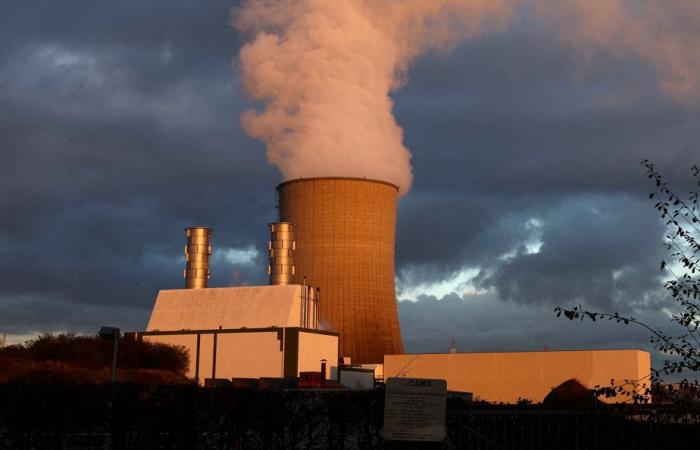CO emissions2 from the combustion of fossil fuels will reach a new record this year, according to a study published Wednesday by scientists from the Global Carbon Project, which foresees no clear peak in the use of oil, gas and coal.
Posted at 7:14 p.m.
According to this reference study, global CO emissions2 from fossil fuels will reach a record level in 2024, with 37.4 billion tonnes, an increase of 0.8% compared to 2023.
Adding projected emissions linked to land-use change, such as deforestation, total emissions are expected to reach 41.6 billion tonnes this year (+2.5%).
Total CO emissions2 are at a plateau over the last decade, according to the Global Carbon Project.
“The effects of climate change are increasingly dramatic, but there is no evidence yet that the use of fossil fuels has peaked,” said Professor Pierre Friedlingstein of the UK’s University of Exeter, who led the study.
According to Glen Peters of the Center for International Climate Research in Oslo, the world is “very frustratingly close” to a peak in fossil emissions.
” THE [énergies] renewables are increasing sharply”, as are electric cars, “but it is nevertheless still not enough”, he told journalists.
Since 2023, the International Energy Agency (IEA) has estimated that the global peak in consumption of fossil fuels (oil, gas and coal) will occur “before 2030”.
At the current rate, the team of 120 scientists behind the Global Carbon Budget report estimates that there is a 50% chance that warming will exceed 1.5°C compared to the pre-industrial era, the most ambitious goal of the 2015 Paris Agreement, “consistently over the next six years or so”.
If this estimate is “subject to large uncertainties”, “it is clear that the remaining carbon budget – and therefore the time remaining to achieve the 1.5°C objective and avoid the worst impacts of climate change – is almost exhausted,” underlines the Global Carbon Project in a press release.
Emissions from China, the world’s largest emitter of CO2are expected to increase by 0.2% – although the emissions range includes a possible decrease.
Emissions in the United States are expected to fall by 0.6%, those of India to increase by 4.6% and those of the European Union to decrease by 3.8%.
The report further states that current levels of carbon dioxide removal through technology, thus excluding natural means like reforestation, can only offset one millionth of the CO2 emitted by fossil fuels.






